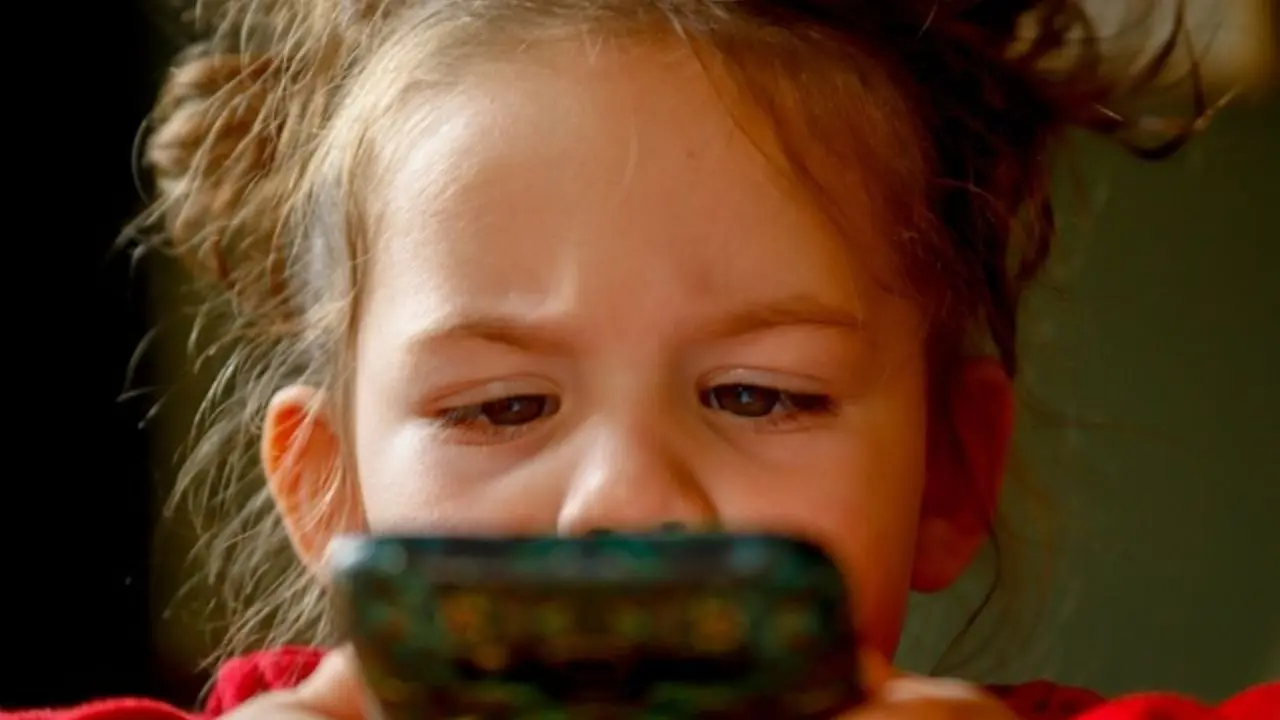Updated 7 November 2024 at 20:05 IST
Could Australia's ban on social media for kids set an example?
Australia's upcoming legislation will be one of the most stringent, barring each user under the prescribed age limit from accessing social media websites.
- Tech News
- 4 min read

In what could be a 'world-leading' moment for the internet, Australia is set to impose a blanket ban on social media platforms for users aged 16 or below. Prime Minister Anthony Albanese cited the risks to the physical and mental health of kids from prolonged social media use as a solid reason behind the measures that would curtail the accessibility of platforms, such as Facebook, Instagram, YouTube, and TikTok, to the younger population.
"Social media is doing harm to our kids and I'm calling time on it," said the Prime Minister in a conference. Once introduced as legislation in the Australian parliament later this year, the law will come into effect within 12 months.
Australia's upcoming legislation will be one of the most stringent, barring each user under the prescribed age limit from accessing social media websites. That includes the children who already have social media accounts with or without parental consent, leaving no leeway. But as futureproof as the legislation sounds, it could cascade in a different direction, if not set an example.
Will the law set an example for others?
While Australia's proposal to legislate social media use for kids could create a landmark moment, it is not the first. The government of the United States has time and again attempted to curb the misuse of social media platforms by underage users, requiring them to seek parental consent. Those who could not obtain parental consent to join a social media platform were lawfully banned. However, there have been several loopholes, especially in the age verification process.
Advertisement
Much like the US, France last year proposed a ban on social media for users under 15. However, it made exemptions for kids who obtained parental consent to use social media platforms.
Having learnt from these systems that do not allow the ban to work effectively, Australia has opted for a new age-verification system that will assist in blocking children from using social media platforms. These systems would involve the use of biometrics or government-issued identification to ensure insistent users cannot bypass the restriction through the potential loopholes that the age verification methods from other governments might have. This age verification system will also allow the government to keep a check on users who involve their parents for consent.
Advertisement
"The onus will be on social media platforms to demonstrate they are taking reasonable steps to prevent access," said Albanese. "The onus won't be on parents or young people."
Should Australia's plan to stop children from social media access and any ways to circumvent the ban work, it could set an example for other countries that have time and again stressed the need for regulation on social media for kids. While the specifics of how the proposed age verification method would work are unclear, the government will most likely require platforms such as Meta, Google, and TikTok to co-develop the technologies for deeper integration in their websites and apps. Once implemented, the said technology could be replicated in other markets, based on the government's demands.
But, what if it does not go well?
Since the ban is at the proposal stage, the companies involved will provide their feedback on how they can work together with the Australian government to ensure the legislation or its variation. However, academics with expertise in fields related to technology and child welfare have warned the ban could have negative impacts, citing how social media helped over 73 per cent of young people in the country seek mental health support.
One of the experts told Associated Press most young people are likely to circumvent the ban and it could drive their behaviour underground. "...and then if things go wrong, young people are less likely to get support from parents and carers because they're worried about getting in trouble," said Jackie Hallan, a director at the youth mental health service ReachOut, while speaking to AP.
A lawyer from the Australian National University said the ban "could create pressures within families," whereas the managing director of the Digital Industry Group -- an organisation that safeguards the interests of Australia's digital industry, Sunita Bose called for a "balanced approach to create age-appropriate spaces."
The government is likely to consult academics, besides social media platforms, to navigate the legislation before it turns into a law. However, whether Australia manages to pull off what its Western counterparts have been trying to achieve is something only time will tell.
Published By : Shubham Verma
Published On: 7 November 2024 at 20:05 IST
